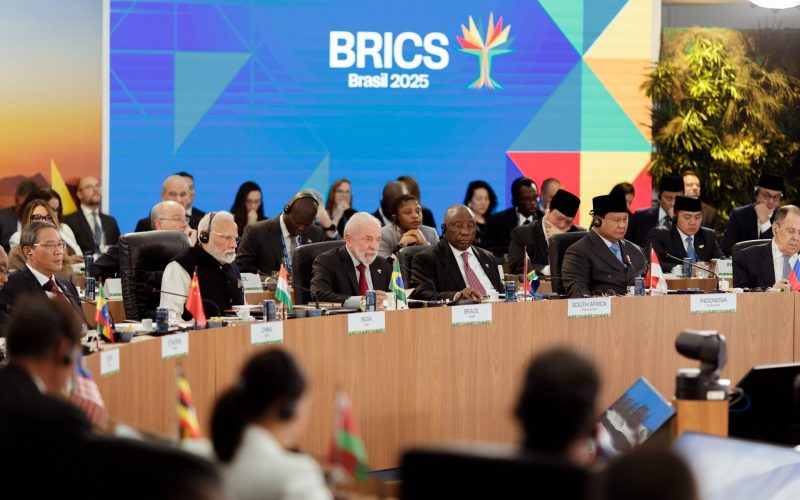The paper addresses the political and economic reasons that could have prompted Egypt to undertake such a decision. Building on the evolution of trade policy in Egypt since the early 1990s and its engagement in unilateral, regional and multilateral paths to liberalise trade, and taking into account the change of the political regime after the revolution on 25 January 2011, the paper investigates the factors that could affect Egypt’s decision to join the TFTA. It also analyses other important issues related to these factors, including the expected economic effects, the role of South Africa, experience with the Common Market for Eastern and Southern Africa (COMESA), and the geopolitical aspects of Egypt’s decision to join the TFTA. The paper emphasises that although Egypt’s joining of the TFTA is essential from a political economy perspective, the extent of economic gains depends largely on the design of the rules of origin and means of co-operation on industrial policies and creation of value chains, especially between Egypt and South Africa.








